When the sun sets over the Bosphorus, Istanbul doesn’t sleep-it transforms. From the neon-lit alleys of Beyoğlu to the hidden rooftop lounges of Kadıköy, the city’s nightlife isn’t just about drinking or dancing. It’s about belonging. In a country where social norms can feel rigid, Istanbul’s after-dark scene has become one of the most open, diverse, and inclusive spaces in the region. Whether you’re a local, a traveler, or someone who’s never felt welcome elsewhere, Istanbul’s nightlife lets you be exactly who you are.
Where the Streets Come Alive After Midnight
Start in Beyoğlu, the beating heart of Istanbul’s nightlife. İstiklal Avenue, once a quiet street of 19th-century buildings, now pulses with music, laughter, and the clink of glasses. You’ll find gay bars next to jazz clubs, Armenian-owned pubs serving rakı next to vegan-friendly cocktail spots, and Turkish hip-hop DJs spinning next to electronic producers from Berlin. The energy here isn’t forced-it’s organic. People don’t come here to be seen. They come because they feel safe.At Bar 66, a long-standing favorite since the 1990s, the crowd is a mix of queer locals, expats, and curious tourists. No one asks where you’re from. No one judges what you’re wearing. The bartender knows your name by your third drink. That’s not marketing. That’s culture.
Queer Spaces That Defy Expectations
Istanbul has one of the largest LGBTQ+ communities in the Muslim-majority world. And while public protests are often restricted, the nightlife offers quiet rebellion. Clubs like Le Club and Bar 21 have been pillars of the community for over two decades. They don’t advertise loudly. They don’t need to. Word of mouth keeps them full.On Friday nights, Le Club becomes a sanctuary. Drag performances blend Turkish folk songs with house beats. Trans women dance beside straight couples. Non-binary artists sell handmade jewelry between sets. There’s no cover charge on Tuesdays. No ID checks for gender expression. Just music, acceptance, and the kind of freedom you don’t find in most capitals.
A 2024 survey by Istanbul Queer Archive showed that 73% of LGBTQ+ respondents felt safer at nightclubs than during daytime public events. That’s not a statistic-it’s a lifeline.
From Ottoman Coffee Houses to Underground Bass Rooms
Istanbul’s nightlife didn’t just appear overnight. It evolved from centuries of social gathering. Ottoman-era coffee houses were places where poets, merchants, and dissidents met to debate. Today, those traditions live on-in basements, rooftops, and converted warehouses.Asitane, a 16th-century palace-turned-restaurant, now hosts intimate acoustic nights where oud players and poets share the stage. Down the hill, Underground 1923 turns an old Ottoman tobacco warehouse into a techno haven. No bouncers. No dress code. Just a 12-hour set from a local producer who samples traditional Turkish rhythms and layers them with deep bass.
You won’t find bottle service here. You’ll find people dancing barefoot on wooden floors, sharing cigarettes, and talking about art, politics, or the weather. The music doesn’t drown out conversation-it invites it.
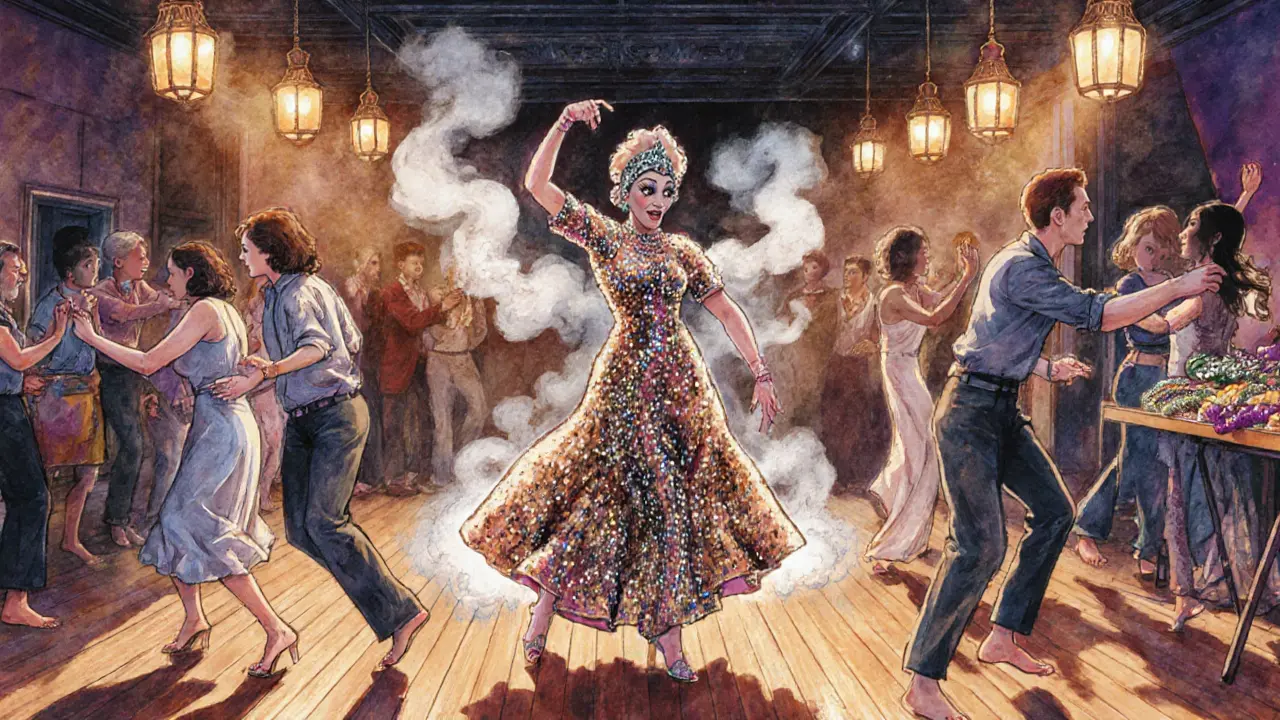
Food That Feels Like Home
Nightlife isn’t just about drinks. It’s about what you eat after the last song. Istanbul’s late-night food scene is as diverse as its crowd. In Kadıköy, you can grab a warm simit from a street vendor, then walk 100 meters to a Syrian-run kebab joint where the owner remembers your name and asks if you tried the new spice blend.Çiya Sofrası stays open until 3 a.m. and serves dishes from 12 different regions of Turkey. A Kurdish woman from Diyarbakır grills lamb over charcoal. A Greek-Turkish chef makes dolma with pomegranate molasses. A trans woman from Izmir runs the bar, pouring ayran with a smile.
There’s no menu. You tell the server what you’re in the mood for, and they bring you something that feels right. That’s the Istanbul way.
Where the Music Tells the Real Story
Music in Istanbul’s nightlife doesn’t follow trends-it follows truth. You’ll hear bağlama fused with dubstep at Boğaziçi Jazz Club. You’ll find Kurdish folk singers sharing a stage with electronic producers from Rotterdam at Yapı Kredi Art Gallery’s monthly open mic.At Bar 21, a weekly event called “Sesli Topluluk” (Voiced Community) invites marginalized artists to perform without filters. Last month, a deaf rapper performed using sign language synced to vibrations from the floor speakers. The crowd didn’t need to hear the lyrics to feel them.
These aren’t novelty acts. They’re the norm. Istanbul’s nightlife doesn’t celebrate diversity because it’s trendy. It celebrates it because it’s necessary.

What Makes It Different From Other Cities
In London, nightlife is about clubs and exclusivity. In Berlin, it’s about techno and endurance. In Istanbul, it’s about connection.There’s no VIP section. No velvet ropes. No bouncers turning people away for not looking “right.” You don’t need to be rich, famous, or conventionally attractive to belong. You just need to show up.
And you will. Because the city doesn’t ask you to change. It asks you to share.
How to Navigate Istanbul’s Nightlife as a First-Timer
If you’ve never been, here’s how to start:- Begin in Beyoğlu. Walk İstiklal Avenue from Taksim to Galata Tower after 9 p.m.
- Try Bar 66 for a quiet drink, then move to Le Club for music.
- Head to Kadıköy on weekends. Eat at Çiya Sofrası before hitting Underground 1923.
- Bring cash. Most places don’t take cards after midnight.
- Take the ferry back. The night ride across the Bosphorus is free, quiet, and unforgettable.
Don’t plan too much. Let yourself wander. The best moments happen when you turn down a street you didn’t know existed.
Why This Matters Beyond the Party
Istanbul’s nightlife isn’t just entertainment. It’s resistance. It’s community. It’s proof that even in places where freedom is limited, people still find ways to live fully.Every time a queer couple holds hands on a dance floor. Every time a Syrian refugee sings in a Turkish bar. Every time a trans woman is called “queen” by a stranger who doesn’t know her name-these aren’t small acts. They’re revolutions.
And they’re happening every night.
Is Istanbul’s nightlife safe for solo travelers?
Yes, especially in Beyoğlu and Kadıköy. The nightlife areas are well-lit, crowded, and patrolled by local business owners who look out for regulars. Avoid isolated streets after 2 a.m., but stick to the main strips-most people are friendly and will help if you’re lost. Many bars have female staff who’ll walk you to the ferry if you ask.
Are there any dress codes in Istanbul clubs?
Almost none. You’ll see everything from jeans and sneakers to full drag outfits. The only rule is: don’t wear swimwear indoors. Some upscale lounges might ask for closed-toe shoes, but that’s rare. What matters is how you carry yourself-not what you’re wearing.
Can I go to LGBTQ+ venues if I’m straight?
Absolutely. Many of Istanbul’s best clubs were founded by queer communities but welcomed everyone from day one. You’ll find straight couples, families with teens, and older locals dancing side by side. Being an ally isn’t about asking permission-it’s about showing up respectfully. Don’t take photos without consent, don’t treat it like a theme park, and don’t act like you’re doing them a favor. Just dance.
What’s the best time to visit for nightlife?
Late April to early October is ideal. The weather is warm, outdoor terraces are open, and festivals like the Istanbul Music Festival and Queer Istanbul Week bring extra energy. Winter nights are quieter but still alive-especially in basements and hidden spots. Avoid Ramadan if you want full club hours; some venues close early, but others stay open with a more subdued vibe.
Do I need to speak Turkish to enjoy the nightlife?
No. English is widely spoken in nightlife areas, especially among younger staff and artists. But learning a few words-like "Teşekkür ederim" (Thank you) or "Bir şey değil" (It’s nothing)-goes a long way. Many locals appreciate the effort. And sometimes, a smile and a nod say more than any language.
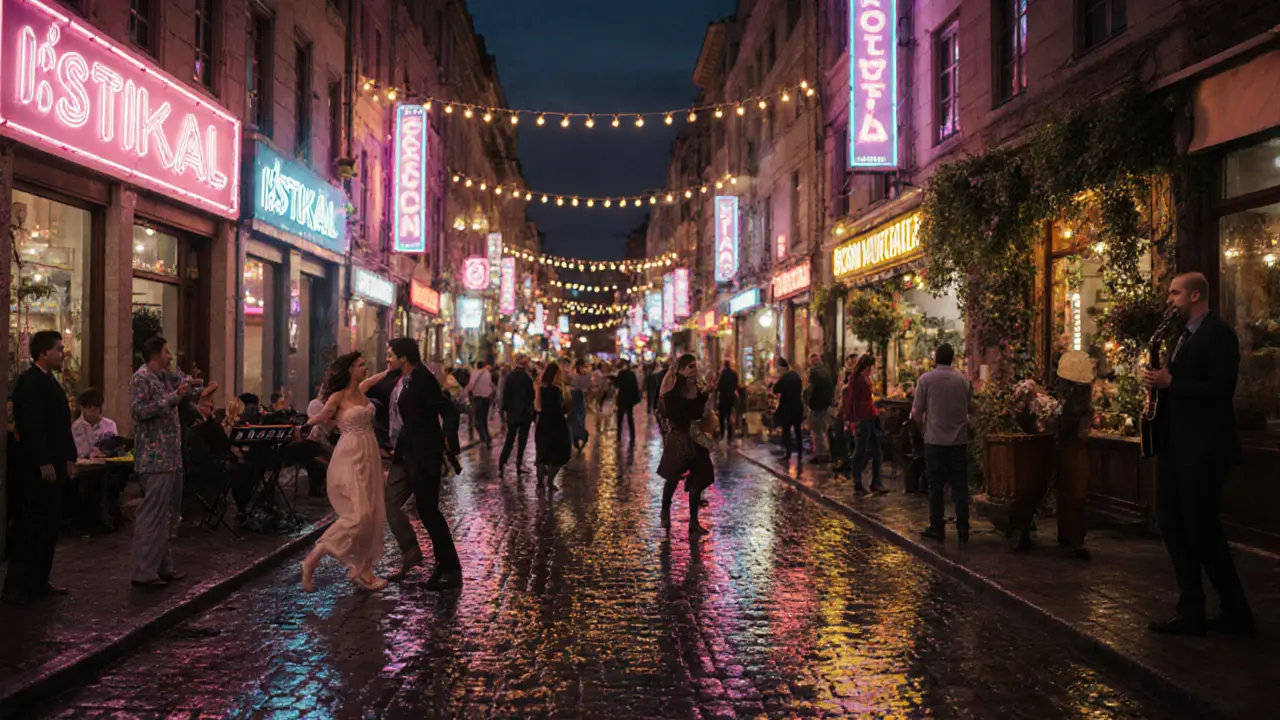

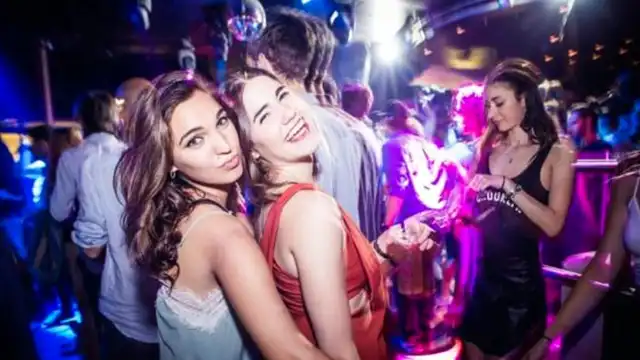
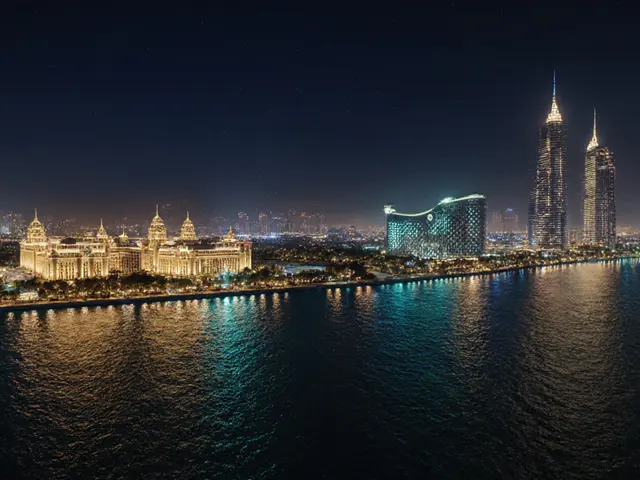
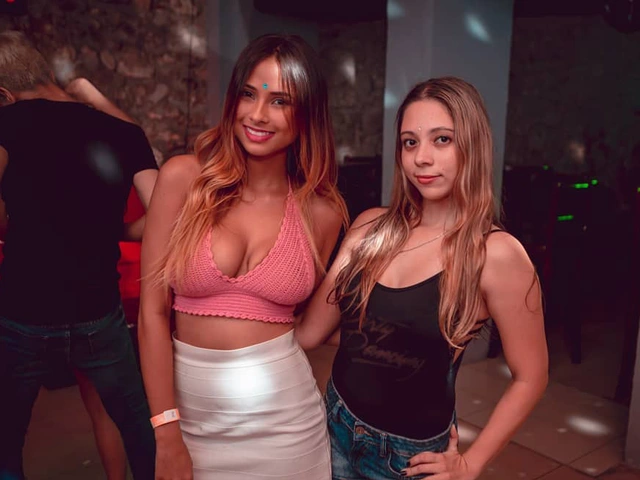
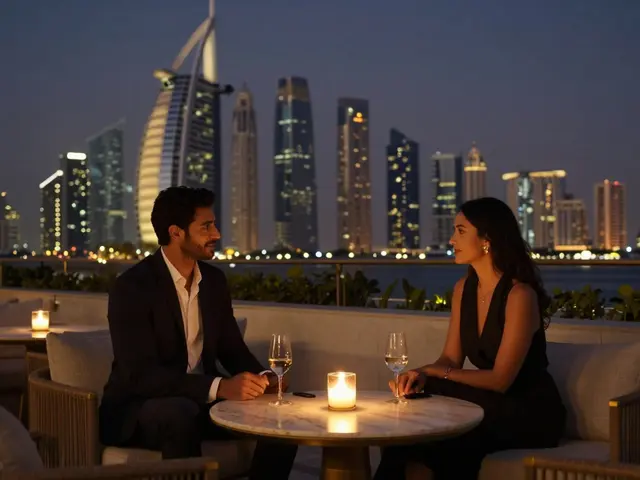
Written by Marcus Everstone
Hello, my name is Marcus Everstone and I am an expert in the world of escorting. Having been in the industry for several years, I have gained a wealth of knowledge in this field. I enjoy sharing my experiences and insights by writing about the escort scene in various cities around the globe. My goal is to help both clients and escorts navigate this exciting and often misunderstood world. My writings reflect my passion and expertise, offering valuable information to those interested in learning more about the escort industry.
All posts: Marcus Everstone